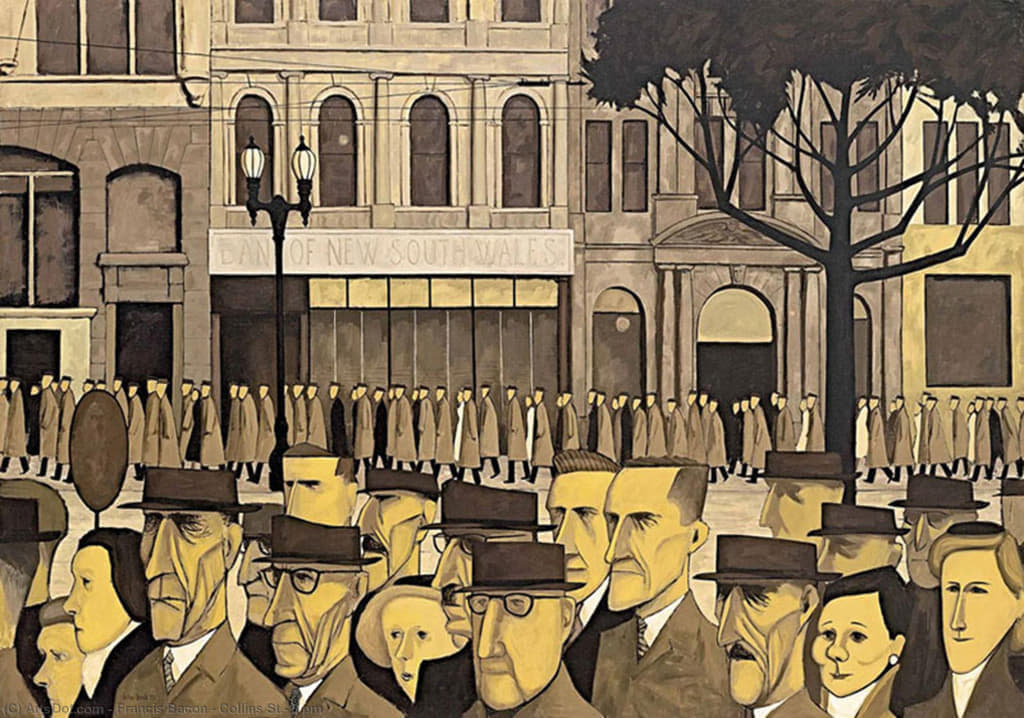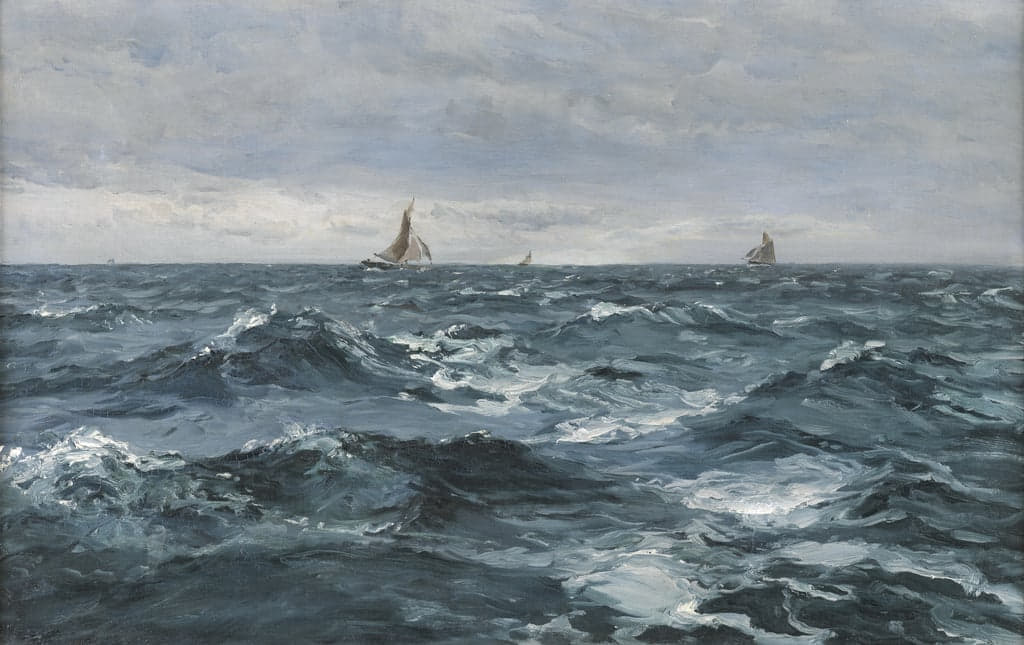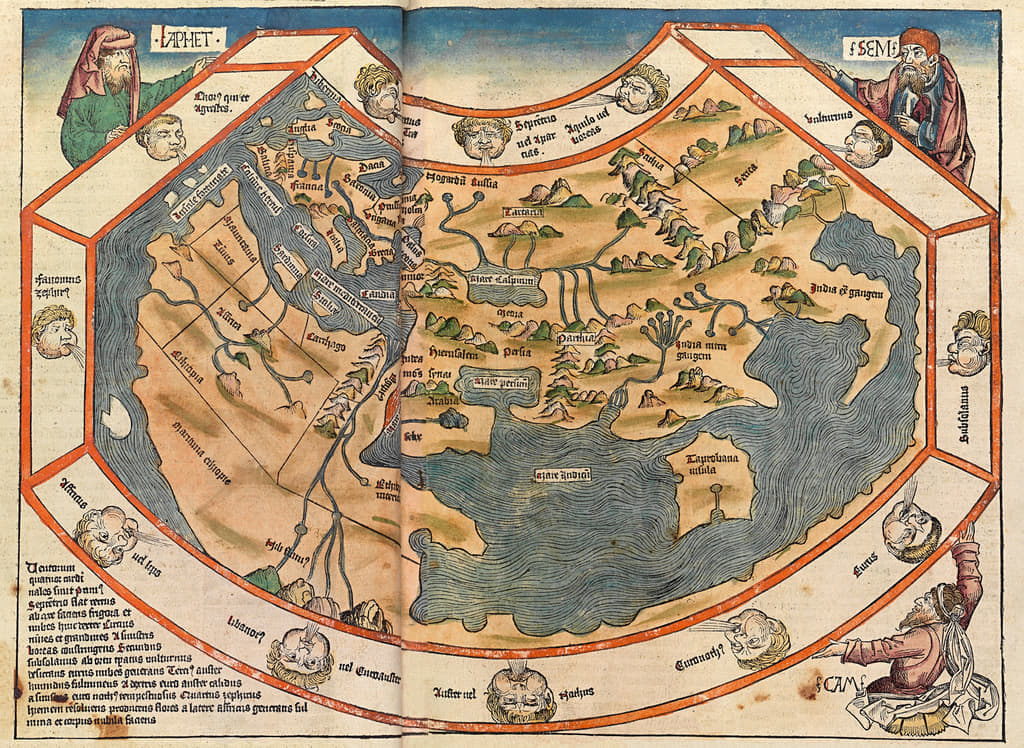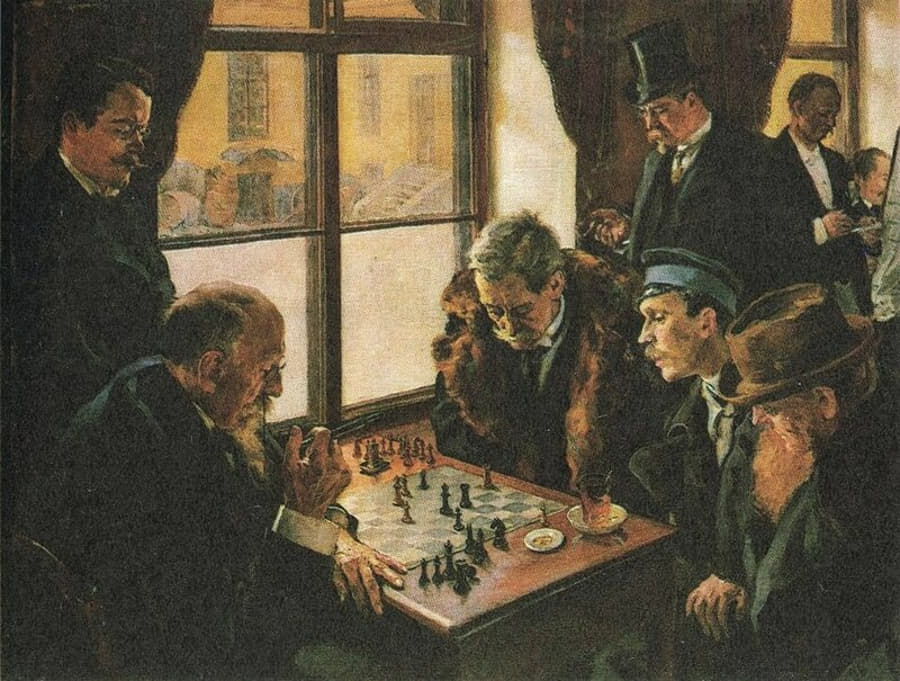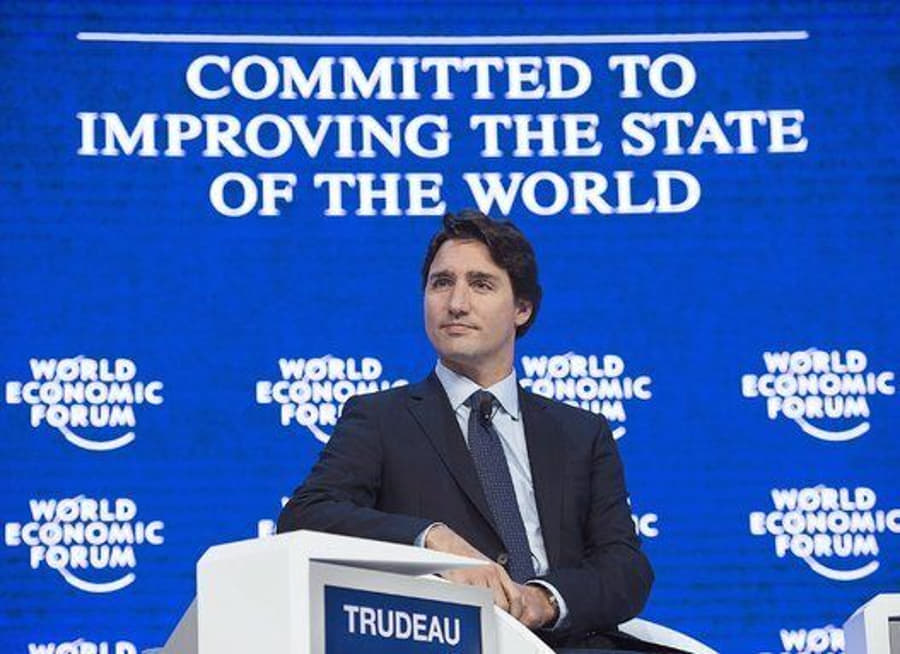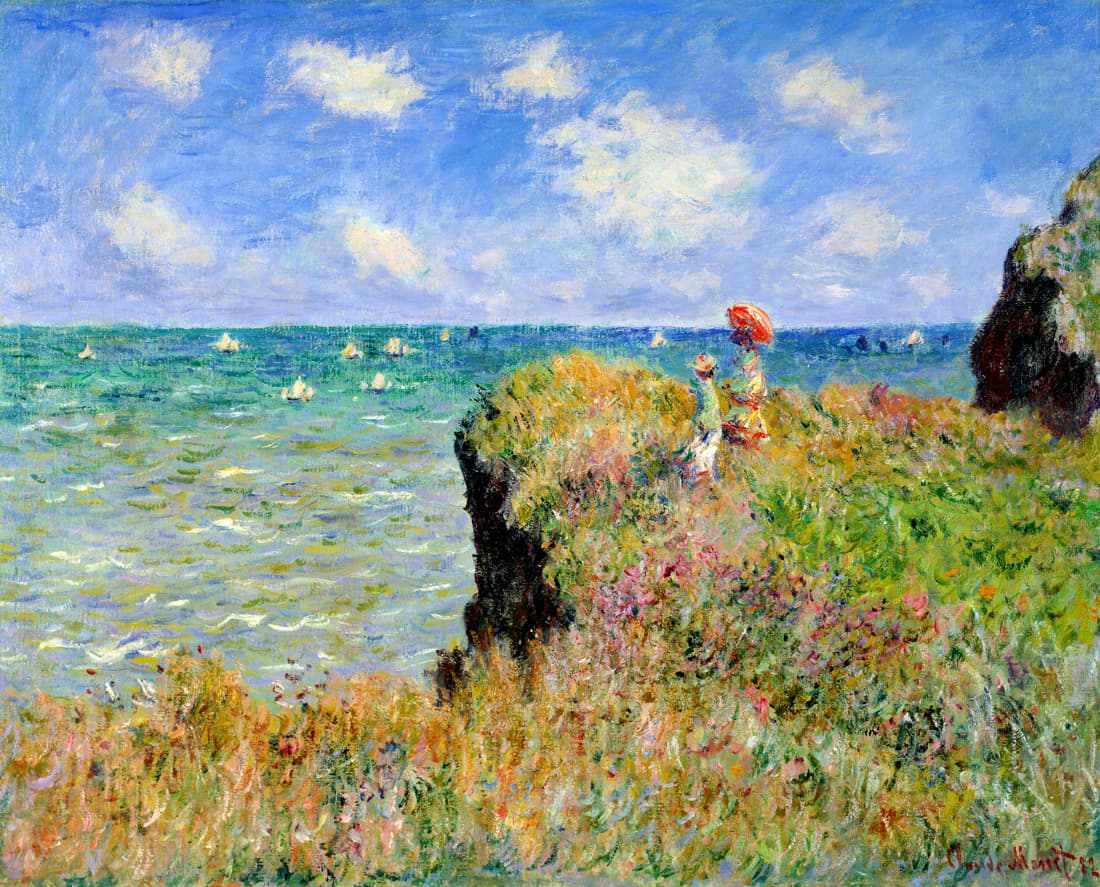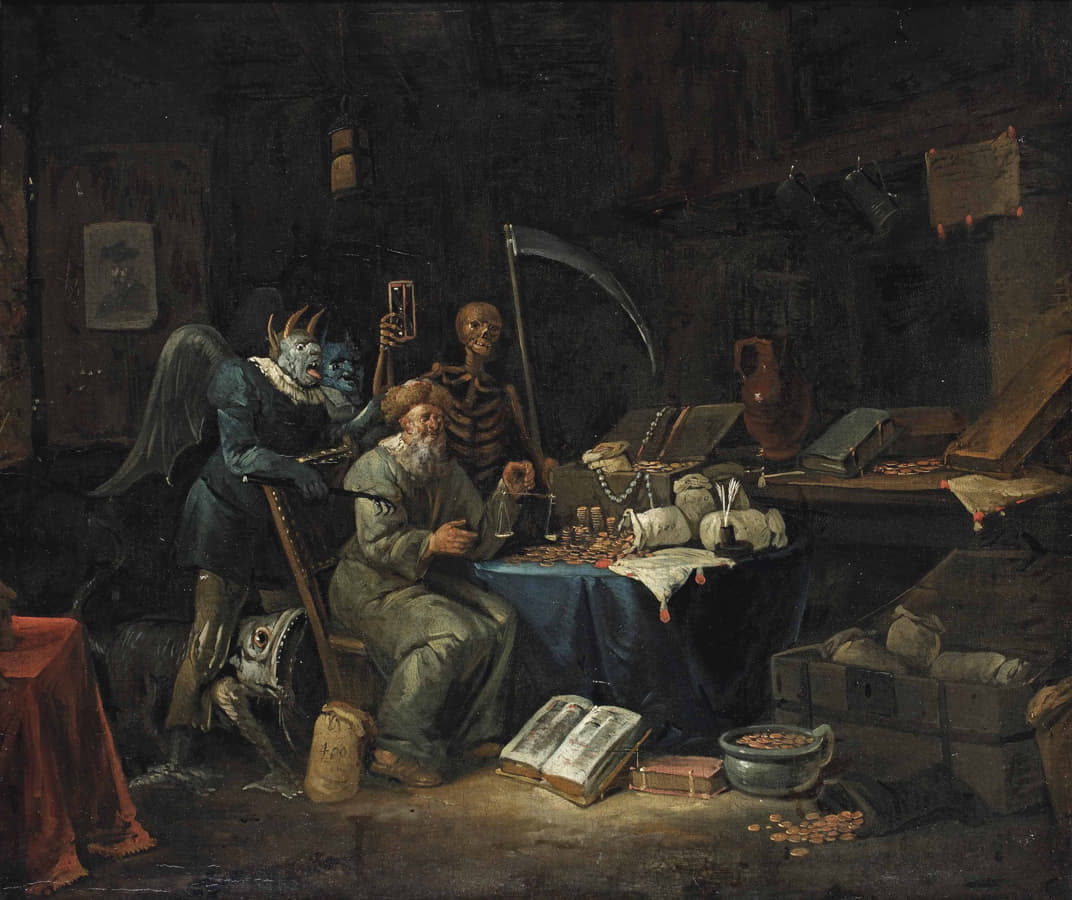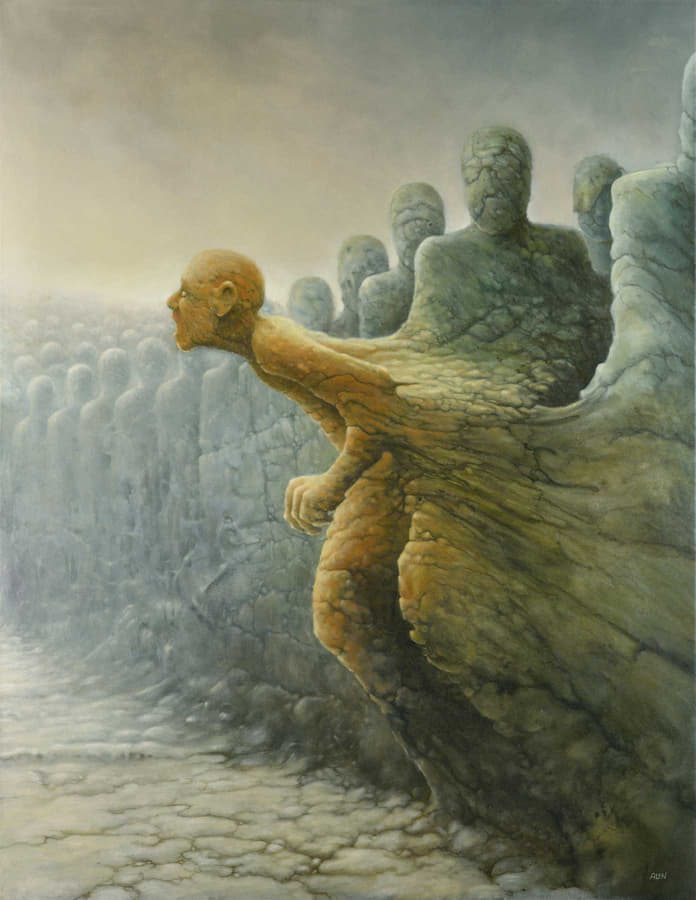The theological character of the new ordo oeconomicus is clearly shown in its imposition of itself as an irrefutable and irredeemable horizon, as an objectively given totality, insuperable even if only at the symbolic level. It turns us all into followers of a cult without dogma, of a fetishistic incantation and of an omnipresent religion in everyday life, whose dominion extends “on Earth as it does in Heaven.”
We are confronted with commodities, stock market values or the inscrutable will of the market, as if they were emanations of the only surviving divinity: the fetishized economy. The result is an unprecedented vision of the world, which is smuggled in as aseptic, secular, anodyne and purely economic, but which in reality is a position of the highest ideological and religious content. It “unites” (religat, according to the original etymology of religio) all men on the planet to the omnipotence of the market as the sole guiding principle of the totality of fetishized social relations, like the Deus Mortalis referred to in the words of the Book of Job (41:24): non est potestas super terram quae comparetur ei.
That the economy represents the logical and chronological successor of the traditional monotheistic divinity is evidenced not only by the fact that its laws cannot be questioned, since they constitute the inexplicable with which to explain every reality of the market cosmos; it is also deduced from the very self-foundation that the economy began to operate, at least starting from the dialectical phase. Capitalist exchange presents itself, in effect, as a causa sui, according to the most typical prerogative of monotheistic divinity. Not only does it not need external foundations, of a political or philosophical character, but it must neutralize them, promoting the rejection of traditional faith, of contractualism as the political establishment of the social order, or of natural law as truth pre-existent to the self-instituted ordo oeconomicus.
From its abstract phase, the capitalist animal kingdom of the spirit aspires to eliminate the historical and social traces of its genesis, that is, its own condition of product of human action. It must be thought of as prior to any communal substance pre-existent to the network of mercantile exchanges (this is the social-historical deduction of the Lockean critique of the idea of substance), as without cause (this explains, on the social and political level, the Humean destructuring of the idea of cause) and, again, as ahistorically founded on free-trade human nature (the Smithian “invisible hand”). Like the monotheistic divinity, the market economy is not created and is, at the same time, at the origin of the creatio ex nihilo of the socio-political cosmos that considers it dominant as summum ens and as ens entium.
Postmodern men, disenchanted and already indifferent to the great narratives that have paved the way for Modernity, have ceased to believe in everything except the blind and mysterious force of the market, the only surviving Absolute. The market itself acts in its turn as the author of disenchantment with respect to any other value not superimposable or, in any case, not reabsorbable in the pantheon of the market, composed of exchange, consumption and the tenacious faith in the inevitability of economic fundamentalism conceived as the fatality of destiny. The continuous struggles of the secularist front against the monotheisms of tradition reveal here, once again, its misery: it is capital itself that sets aside any traditional form of religion other than that of the market.
Monotheism and polytheism coexist dialectically in the mystical figure of the divinized market, according to the aforementioned form of monocratic absolutism, which harbors within itself the kaleidoscopic plurality of lifestyles and unified customs functional to the sacred fury of unlimited valorization. Even in the common lexicon, as well as in the increasingly stereotyped lexicon of politics, whose sole purpose is to guarantee the non-existence of alternatives, the ordo oeconomicus presents the market in a form that is either singularized or pluralized. The market is pluralized when it offers possibilities of development that should not be missed (the so-called “market opportunities”) or, simply, when they are limited to carrying their existence significantly suprasensible as autonomous and divine entities.
In this, markets reveal themselves to be similar to Epicurus’ gods. Projected in the cosmic space of the interworld, hidden from human gaze and action, they exist self-referentially, indifferent to our needs and sufferings. Compared to them, we, inhabitants of the time of the fractured social bond, are just as many atoms that accidentally aggregate to disintegrate again in the vacuum of the circulation of commodities. And yet the market is once again reordered in the singular, when it assumes the status of a punitive divinity that, like the God of the Old Testament, imposes its inscrutable and non-negotiable will, giving rise to the figure of the imperatives of the market, before which politics and, more generally, human life, are called upon to submit passively.
In an integral rehabilitation of what traditional religions had condemned without appeal as vices (greed, lust, etc.), economic theology expresses itself in an unprecedented religious form that is purely cultic (of worship). It is devoid of dogmatics and theoretical justification, in harmony with its intimately nihilistic nature, because it is based on the unconnected extension of the commodity form to all spheres. That capitalism is a faith is clear from the unshakable confidence that continues to be placed in the market, despite the catastrophes and calamities it generates daily on a planetary scale. It is presented as if it were a God whose goodness cannot be doubted, following the typical recourse of all theodicy and its guarantee that, in the end, evil will not triumph.
Having attained its degree of absoluteness, capital today assumes in fully realized form the status of the new God to which it secretly aspired from its auroral gaze: we thus return to the religious spirit of capitalism of Protestant origin studied by Weber. To corroborate the status of unconditional faith that permeates our connection with the Nomos of the economy and also, in our daily life, the fact that, more and more often, it is not we who choose, but we happily and frivolously trust in brands—that is, in the almost divine guarantee of the griffe (the now disused slogan “in God we trust” gives way to the postmodern “in brand we trust”)—we count on the complicit and increasingly invasive dictatorship of advertising. The latter millimetrically disciplines our desires according to the dual and synergistic movement of its ever-renewed urgency and its diversion to the market: it is not permissible to desire anything that is virtually external to the society of the spectacle. The totalitarian character of a production apparatus that not only determines the socially required roles and attitudes, but also itself informs the needs and aspirations, the dreams and innermost desires of individuals, emerges once again.
The phenomenon of the gadget, that is, the aberration transformed into a commodity, can also be understood from a not-too-distant perspective. Gadgets such as advertising key chains—Debord suggested—not only reveal the umpteenth mystical abandonment to the transcendence of the commodity form: their meticulous collection fulfills a function similar to the accumulation of indulgences, constituting the proof for the adept of the cult of the commodity form of his own condition as a faithful of the religion of planetary alienation and of the creed of truth in money.
As Benjamin anticipated, in his prescient considerations of 1921 on Kapitalismus als Religion, the commodity faith, which satisfies the concerns and anxieties to which in the past the traditional religions responded and which are now increasingly abandoned, is articulated in the form of a religion of permanent worship. It knows no holidays inaccessible to economic transactions or consumerist rituals. It is a religion of daily life that shapes, according to its logic and its liturgy, each of our actions and each of our thoughts: from the moment we sign a check to the moment we make a bank transfer or even the moments when we wander through the temples of merchandise (supermarkets, shopping malls, outlets, etc.).
The religion of capital—which could perhaps be called “capitalism”—is a Deus absconditus (Isaiah 45:15), as can be inferred as soon as we consider that the market corresponds to the first religion that tends to conceal its own God in the very act with which it spasmodically celebrates its cult. It segregates in its own image and likeness an ethic of sacrifice and guilt, periodically immolating peoples on the altar of the market and its unfathomable lex divina. Guilt declines, in the religion of capital, as debit: and this, according to that semantic convergence which is symptomatically made explicit in the German word Schuld—which encompasses both meanings—and shows its operative unity in the capitalist landscape (where debt is also guilt).
The political lexicon is always revealing, for in it is sedimented the spirit of the times. The rhetoric of sacrifice is condensed today in theologomena, so commonplace that it goes unnoticed (“it is necessary to make sacrifices”, “the market demands it of us”, “the debt must be paid off,” “it is the will of Europe,” etc.). It is typical of religious thought: it is always governed by the idea of a salvation which, in the last analysis, does not depend entirely on us and which can, at most, be brought about by sacrificial rites whose most hidden meaning escapes human reason. The only possible economy of salvation today seems to be that which preaches the salvation of the economy, in the two senses of the sacrifice of all reality for the sake of maintaining the ordo oeconomicus and the reabsorption of all soteriological perspective in the immanent dynamics of the market.
The transcendental historical change introduced by the advent of the religion of capital is also made evident by the fact that salvation from the anguish and pain of existence is no longer pursued through the path of traditional religions, as fuga mundi. The only possible salvation, in times of the economic apocalypse and the “universal flood” of global liquidity, becomes unbridled consumption and, therefore, the loss of oneself in the meaninglessness of the world. It provokes that enslavement of the subject to the absolute power of the object which, as we shall see, constitutes the culmination of the reified hellish scenario, determining the oblivion of praxis. The cunning of production consists in generating the illusion that possible salvation resides in the commodity-object and, at the same time, in ensuring that this is characterized by a structural emptiness of substance: the commodity-object dissolves quickly, in the very act with which it is consumed.
Thus, in the order of the religion of capital, the illusion of salvation is punctually frustrated in the emptiness of the object and, at the same time, always re-emerges as itself, in a macabre dance of commodities that are extinguished in consumption only to re-emerge again and again. It is in this perverse circuit that lies the secret of the consumerist liturgy, as a constant search for salvation in an object that continually disappears in consumption and always reappears in circulation. The commodity-object, instead of saving, continues to generate ex novo the disastrous circularity it promised to break. For this reason, the enjoyment proposed by the discourse of the capitalist is unsatisfactory. Its unlimited pursuit gives life to the hell of the compulsive search for the new, which is always equal to itself, typical of the Kierkegaardian aesthetic phase to which Oedipal capitalism condemns humanity. Herein lies, incidentally, the “metonymic character of desire” (Massimo Recalcati), that is, its frenetic drive, in a fluctuation without peace, that leads humanity from one object to another, in the promise of a worldly salvation that, according to the theology of the market, always refers to the next commodity. The condition of lack is not safeguarded as constitutive of existence, but is continually generated as a ruse aimed at the unlimited reproduction of an ephemeral jouissance that is always the same.
The cunning of production exploits to its own advantage this tragic condition of Western man: pretending to want to cure it, it always renews it from scratch, exploiting it with a view to the circuit of self-referential valorization. The dictatorship of advertising is its finishing touch. The latter, through the artifice of fashion, determines the programmed obsolescence of the object, relentlessly declaring the expiration of the merchandise it praised until yesterday. In the words of Debord’s Société du spectacle: “both Stalin and outmoded products are denounced by those who imposed them” (§ 70); and, in this way, the new advertising lie disproves the preceding lie so that it can, in turn, be challenged by the subsequent one.
Diego Fusaro is professor of the History of Philosophy at the IASSP in Milan (Institute for Advanced Strategic and Political Studies) where he is also scientific director. He is a scholar of the Philosophy of History, specializing in the thought of Fichte, Hegel, and Marx. His interest is oriented towards German idealism, its precursors (Spinoza) and its followers (Marx), with a particular emphasis on Italian thought (Gramsci or Gentile, among others). he is the author of many books, including Fichte and the Vocation of the Intellectual, The Place of Possibility: Toward a New Philosophy of Praxis, and Marx, again!: The Spectre Returns. [This article appears courtesy of Posmodernia].
Featured: Collins St., 5 pm, by John Brack; painted in 1955.
